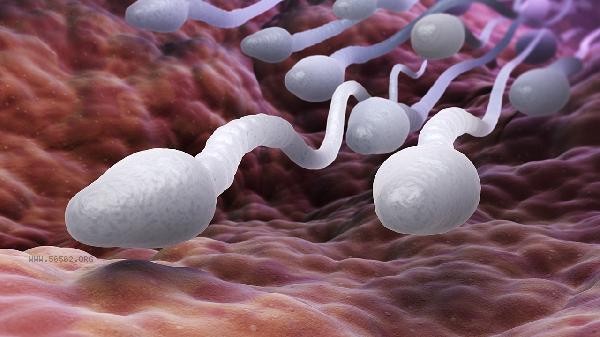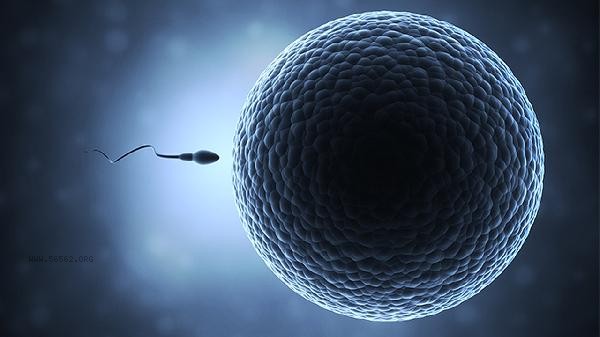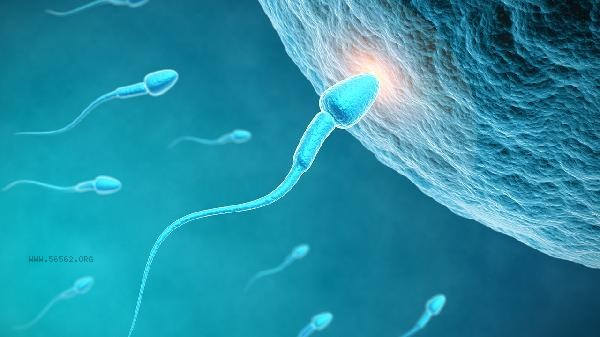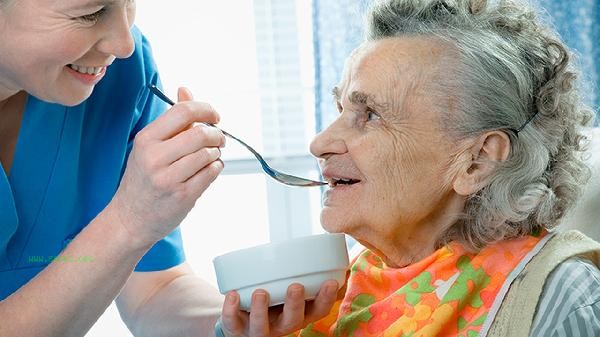After sperm survive in the female reproductive tract for more than 48 hours, the chances of conception will significantly decrease. The fertility of sperm is mainly concentrated in the first 24-48 hours after ejaculation, because during this period, the vitality and ability of sperm to penetrate the egg are the strongest. But beyond this time, sperm activity will gradually weaken and fertility will also decrease.

1. The survival time of sperm in the female body
After entering the female reproductive tract, the survival time of sperm depends on the health status of the reproductive tract environment and the quality of the sperm itself. Under ideal conditions, sperm can survive in the alkaline environment of cervical mucus for about 72 hours or even longer, but their fertilization ability is only most significant within the first 48 hours. After more than 48 hours, the sperm gradually lose their activity and fertilization ability, which means that the chances of pregnancy are significantly reduced. If the goal is to increase the probability of conception, the best time for couples to have sex is within the first 24-48 hours of ovulation.
2 Factors that affect sperm motility
The lifespan and fertility of sperm are influenced by multiple factors. For example, high-quality sperm can survive longer after entering the female body, while low-quality sperm may lose activity within hours. Other influencing factors include female reproductive health, cervical mucus quality, and hormone levels in the body. If a woman's cervical mucus is thick and not conducive to sperm penetration or survival, sperm will lose their ability to conceive faster after 48 hours.

3 How to increase the chances of conception
To improve the chances of conception, it is recommended to optimize the conditions for sperm and egg binding through the following methods:
Seize the ovulation period: accurately predict ovulation time through temperature measurement, ovulation test strips, or monitoring the menstrual cycle, and have sexual intercourse within 2 days to 24 hours before ovulation.
Improving sperm quality: Men can improve sperm quality through balanced diet, moderate exercise, and reducing smoking and alcohol consumption.
Improving uterine environment: Women can pay attention to regulating reproductive health, avoiding infections, maintaining hormone balance in the body, and creating a reproductive environment conducive to sperm survival. Meanwhile, avoid using spermicides or lubricants containing spermicidal ingredients. After 48 hours, the chances of conception for sperm will significantly decrease, so scientifically mastering the ovulation period for sexual intercourse is the key to improving the conception rate. If attempting to conceive for more than a year without success, it is recommended that both spouses seek medical attention promptly, undergo a comprehensive examination of their reproductive health, identify potential issues, and receive targeted treatment.





Comments (0)
Leave a Comment
No comments yet
Be the first to share your thoughts!